.webp)
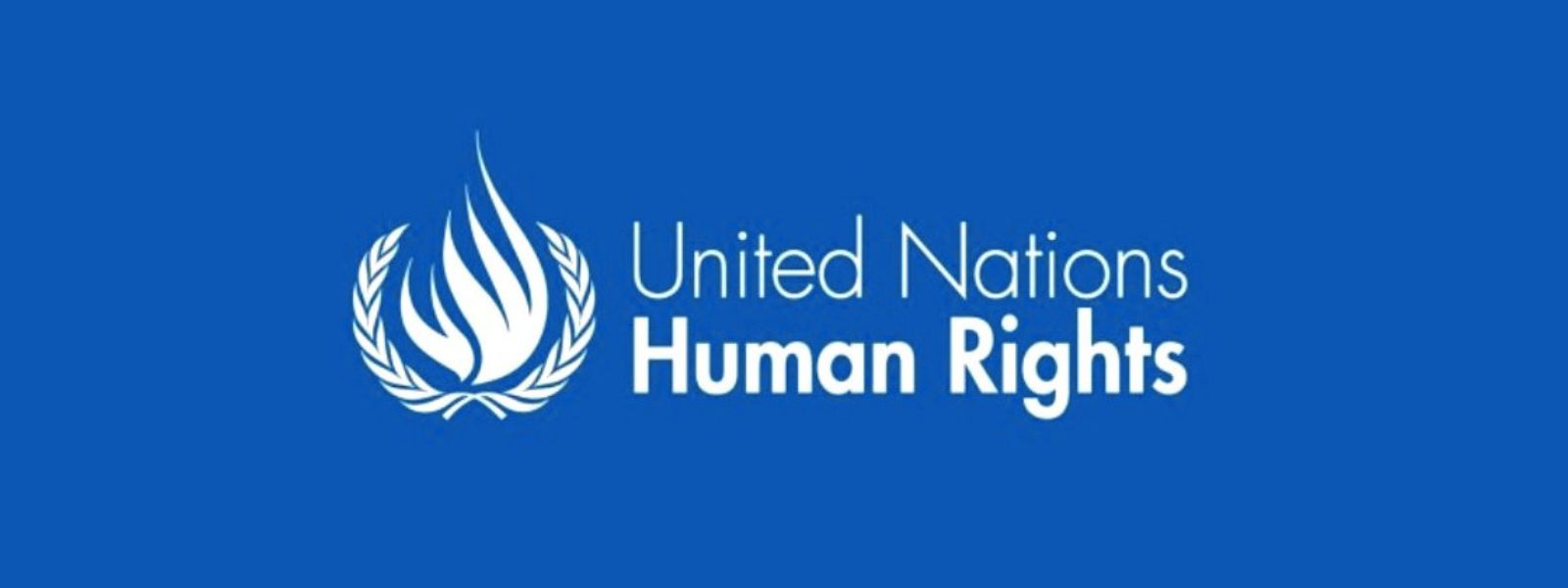
UN HR Committee commends IDP resettlement
The Human Rights Committee on Thursday (9) concluded its consideration of the sixth periodic report of Sri Lanka on how it implements the provisions of the International Covenant on Civil and Political Rights, with Committee Experts commending actions taken to resettle internally displaced persons, and raising issues concerning the effectiveness of constitutional reform and impunity for military officers who had allegedly committed or overseen human rights violations.
A Committee Expert noted progress made in settling internally displaced persons. They welcomed that 92 per cent of the private land held by the military had been released to legitimate civilian owners.
On internally displaced persons, the delegation said a special unit had been established. 2,324 internally displaced persons were currently housed in welfare centres and 13.3 acres of State land were allocated to those families. The President had appointed a committee to classify land as forest land. If security forces wanted to maintain land, a mechanism allowed them to lease it from the owners.
Another Expert said constitutional reform through the 20th amendment in 2020 undermined the independence of the judiciary and gave the President unfettered control over the appointment of senior judges, members of the Human Rights Commission of Sri Lanka, and other entities responsible for protecting rights.
Himalee Arunatilaka, Permanent Representative of Sri Lanka to the United Nations in Geneva and head of the delegation, reported that in October 2022 the Parliament of Sri Lanka passed the 21st Amendment to the Constitution, further strengthening democratic governance, independent oversight of key institutions, the composition of the Constitutional Council and Independent Commissions. The 21st amendment stipulated that it was the duty of the Constitutional Council to recommend commission members to the President. Recommendations had to consider gender balance.
The delegation said the Government rejected unsubstantiated accusations against Sri Lankan military officials. No factual or proven allegations of human rights violations existed against General Shavendra Silva. Those appointed to Government office were qualified based on experience and expertise. Presidential pardons could be subject to judicial review and some cases were underway in this regard.
In concluding remarks, Ms. Arunatilaka said that since its sixth periodic report, many developments had taken place within Sri Lanka including on gender equality, reconciliation and the adopted 21st amendment to the Constitution. There were still constraints and issues that needed to be addressed, as in all countries, to ensure civil and political rights for all people in Sri Lanka. She reiterated the Government’s commitment to protecting the human rights for all the people of Sri Lanka.
Tania María Abdo Rocholl, Committee Chairperson, in concluding remarks, said the meetings were an important space to address issues including constitutional reform, accountability for serious human rights violations, the independence of the judiciary, internally displaced persons, national religious hatred, and the right to peaceful assembly, amongst others. The Committee sought better cooperation with the Government of Sri Lanka to better implement the Covenant.
The delegation of Sri Lanka was made up of representatives of the Ministry of Foreign Affairs, the Ministry of Defence, the Ministry of Women, The Ministry of Health, the Ministry of Public Security, the Department of Prisons, the Office on Missing Persons, the Office for Reparations, the Office for National Unity and Reconciliation, National Dangerous Drugs Control Board, Bureau of the Commissioner General of Rehabilitation; and the Permanent Mission of the Sri Lanka to the United Nations Office at Geneva.
Other Articles
Featured News





.png )


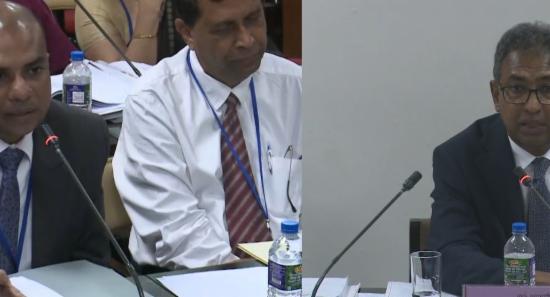

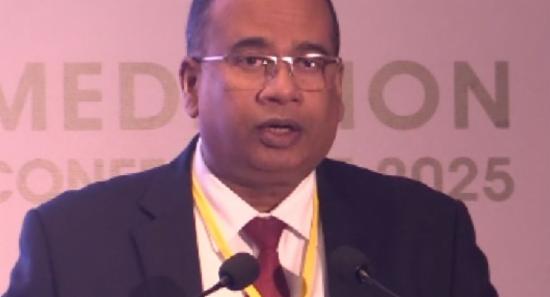
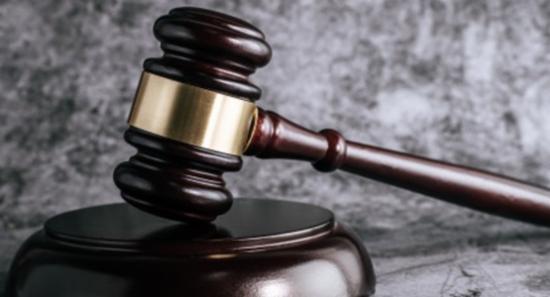




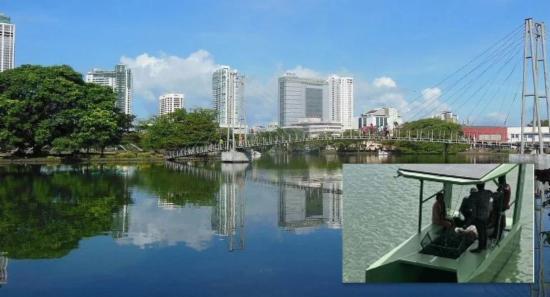



















.gif)